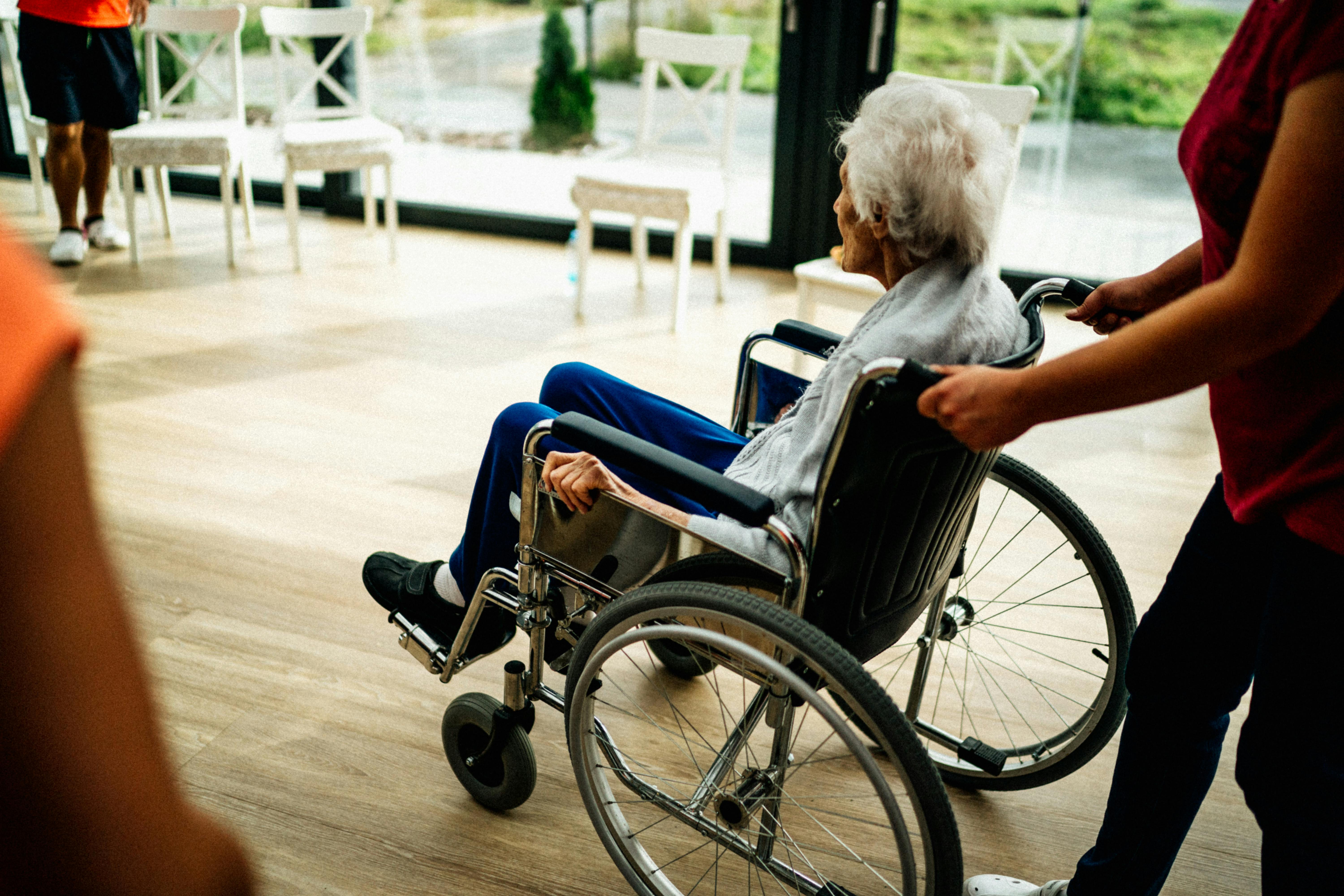Populations are getting older around the world, Malaysia is no exception. The United Nations General Assembly issued a resolution on 24 July 2023, declaring 29 October of every year as the International Day of Care and Support (1). Today, we reflect on why this is so important.
Why Care, Why Now?
October 29, 2024
Countries worldwide are often described according to one of four income groupings. These are: low; low-middle; upper-middle; and high (2). Whilst this offers an insight into the level of a country’s development, it does not always give us the whole picture.
The 17 Sustainable Development Goals (3) and the corresponding 2030 Agenda highlight the many dimensions that make people’s lives more fulfilling, more prosperous and more inclusive. As populations around the world begin to age, more attention is needed on how countries better prepare to care for those most vulnerable and in particular, our elderly, our disabled and our marginalised. This starts with our carers.

Photo: RDNE Stock project
Picture this: The mom who resigns from her professional job to care for her special-needs child. The young family who is unable to cope financially and does not possess the skills to care for elderly parents. The widower who is living alone, suffering from diabetes, at risk of diabetic neuropathy and cardiovascular incidents. An adult who has lost the use of his legs due a motor-vehicle accident. These are real-life examples of people who require some level of care - a scenario which each of us may experience at some point in our lives.
Families and communities in Malaysia have throughout the years, “managed to get by,” in how support is provided. They have depended on family members to juggle their time for care purposes. Some, unknowingly, place their children in unregulated day-care centres, while others are forced by circumstance to house their elderly in less than ideal facilities, which while well-meaning, often lack the resources and capacities to provide appropriate levels of care.
But delivering care is only part of the solution, and support for people in need, today should also encompass preventive care, healthy ageing, early intervention technologies, nutritional guidelines and social protection systems (4) , or what is often referred to as ‘cradle-to-grave,’ care (5).
The Malaysian Government operates a limited number of shelters, special needs centres and tadikas. The demand for such services is increasing. Our growing prosperity and aging population highlights the importance of better preparing for these burgeoning needs.
As the 2025 ASEAN Chair, Government will recall the ASEAN Comprehensive Framework on Care Economy (6) developed in 2022, in response to the challenges of sustaining investments of care in the region. This Framework advocates for more comprehensive, enabling care policies to improve resilience.
Malaysia is undergoing transformation. We know from international experience as countries develop and medical care improves, people live longer. The number of people aged 65 years or older worldwide is projected to more than double, rising from 761 million in 2021 to 1.6 billion in 2050. The number of people aged 80 years or older is growing even faster. We benefit by learning from countries that have undergone demographic shifts and economic transition. The UNDP SDG Investor Map study undertaken in 2023, found a clear need in Malaysia to address gaps, highlighting the importance of current and growing commitments to the care economy and industry.

Professionalising care work will involve appropriately remunerating those who provide care services, establishing nationally accredited training, and regulating care standards. A huge push is needed to recognise the informal and often, unpaid care providers, including legal protections and instituting systems to care for the health, mental health, and the wellbeing of care providers and workers. We should not forget, that the majority of those involved in providing care are women whose efforts are often under-reported and under-recognised. We are happy to note that the Government of Malaysia recognises this, and has embarked on developing Malaysia’s Care Industry Action Plan.
Public, private, not-for-profit and philanthropy organisations have a role to contribute to a care economy that is responsive, inclusive and accessible. Government is well served to develop safety nets and protections for the most vulnerable communities to ensure inclusiveness and access to services that in the longer-term, are more cost-effective and keep more people participating in the economy for longer.
References
1. Resolution A/RES/77/317 adopted by the United Nations General Assembly on 24 July 2023 https://documents.un.org/doc/undoc/gen/n23/227/29/pdf/n2322729.pdf
2. How does the World Bank classify countries? https://datahelpdesk.worldbank.org/knowledgebase/articles/378834-how-does-the-world-bank-classify-countries
4. Enabling Investments into the Malaysian Care Economy, UNDP https://www.undp.org/malaysia/publications/enabling-investments-malaysian-care-economy
5. Policy paper on Building a cradle-to-grave care economy for Malaysia, ISIS. https://www.isis.org.my/wp-content/uploads/2024/06/Policy-brief-ISIS_230524_PDF-HR.pdf
6. ASEAN Comprehensive Framework on Care Economy, ASEAN https://asean.org/wp-content/uploads/2022/12/ASEAN-Comprehensive-Framework-on-Care-Economy-EPUB-23-Dec-2022.pdf

 Locations
Locations